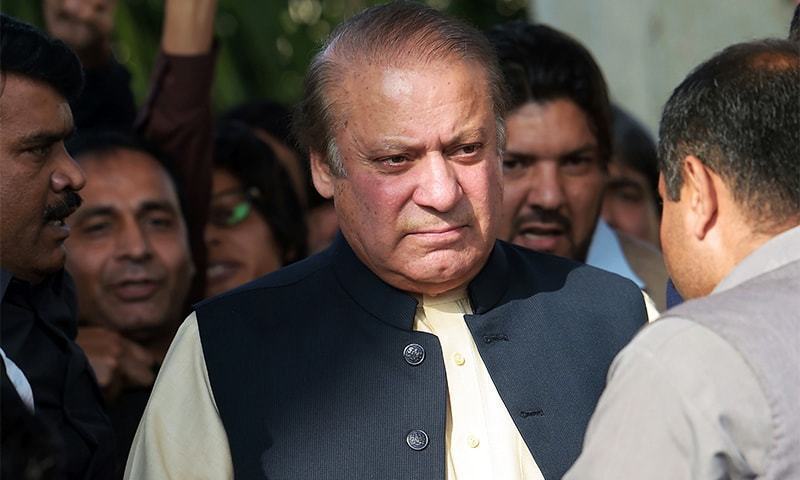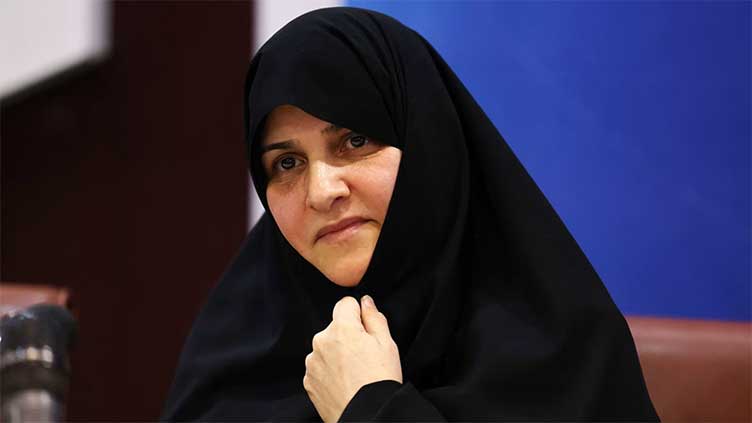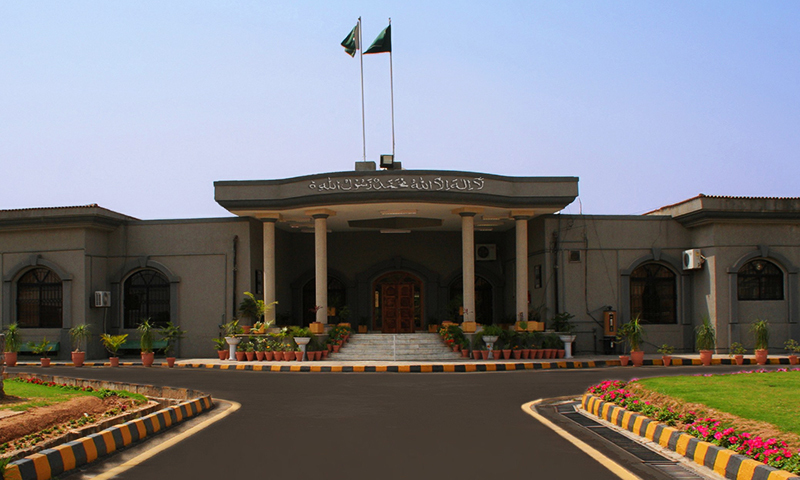Pakistan
Death toll rises in Afghanistan classroom attack
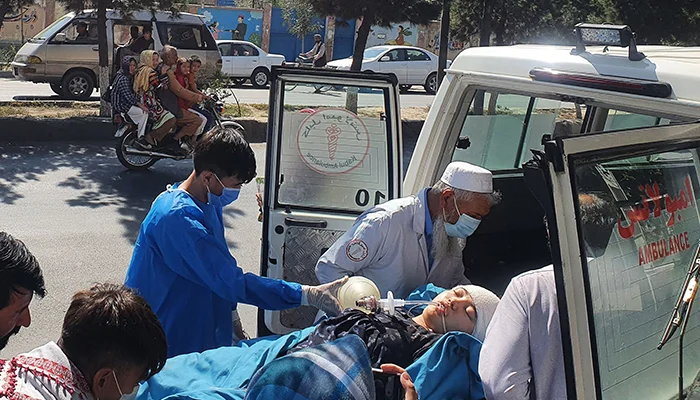
Latest News
Nawaz Sharif departs for a five-day personal visit to China.
Education
The president of Iran’s wife, Dr. Jamileh, claims that knowledge without ethics is worthless.
Latest News
To discuss the judges’ letter, the IHC CJ calls for a full court meeting.
-
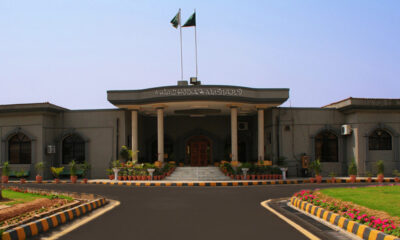
 Latest News22 hours ago
Latest News22 hours agoTo discuss the judges’ letter, the IHC CJ calls for a full court meeting.
-
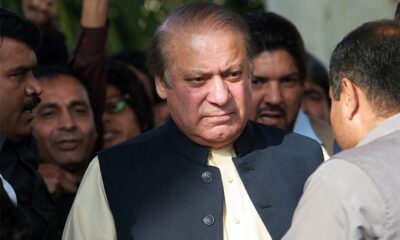
 Latest News22 hours ago
Latest News22 hours agoNawaz Sharif departs for a five-day personal visit to China.
-
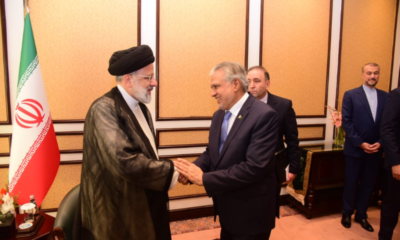
 Latest News2 days ago
Latest News2 days agoPresident Raisi of Iran and FM Dar talk about bilateral relations.
-
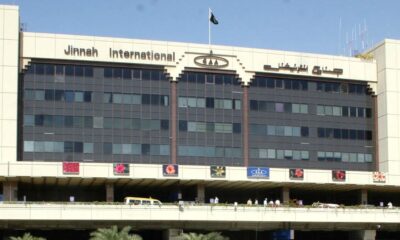
 Business2 days ago
Business2 days agoOutsourcing: Investors from Turkey stop by the airport in Karachi
-

 Latest News2 days ago
Latest News2 days agoHydrocarbon deposits discovered by Mari Petroleum in Daharki, Sindh
-

 Latest News2 days ago
Latest News2 days agoIran Avenue is the new name of the highway in Islamabad, Pakistan.
-

 Latest News2 days ago
Latest News2 days agoFor the Pakistani team’s T20I against New Zealand, Haseebullah has replaced Azam Khan.
-

 Elections2 days ago
Elections2 days ago2024 by-election: PML-N leads for provincial seats and NA

